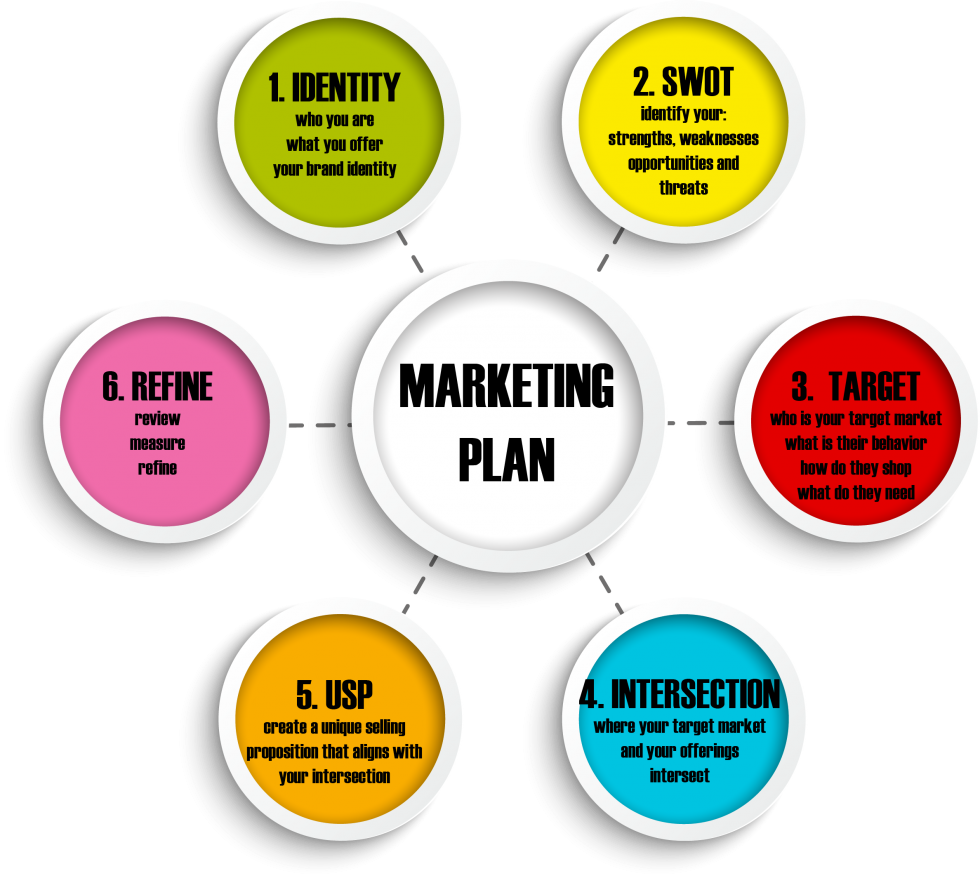In today’s competitive market, small businesses face unique challenges when it comes to attracting and retaining customers. With limited resources and budgets, it’s crucial for small businesses to implement effective marketing strategies that maximize their impact without breaking the bank. Whether you’re a new startup or an established small business looking to boost your visibility, these strategies can help you achieve your marketing goals and drive growth.
1. Understand Your Target Audience
The foundation of any successful marketing strategy is a deep understanding of your target audience. Identify who your ideal customers are, what they need, and how your products or services can solve their problems. Conduct market research to gather insights into their demographics, preferences, and buying behavior. This information will help you tailor your marketing messages and choose the right channels to reach your audience effectively.
2. Build a Strong Online Presence
In the digital age, having a robust online presence is essential for small businesses. Start with a professional website that clearly communicates your brand, products, and services. Ensure that your website is mobile-friendly, easy to navigate, and optimized for search engines (SEO). An SEO-optimized website will improve your visibility on search engines, making it easier for potential customers to find you.
In addition to a website, leverage social media platforms to connect with your audience. Choose platforms where your target audience is most active and engage with them regularly. Share valuable content, respond to comments, and use social media advertising to expand your reach.
3. Leverage Content Marketing
Content marketing is a cost-effective way to attract and engage your target audience. By creating valuable and relevant content, you can establish your brand as an authority in your industry and build trust with potential customers. Start a blog on your website and publish articles that address common pain points, offer solutions, and provide insights related to your products or services.
Incorporate different types of content, such as videos, infographics, and podcasts, to cater to diverse audience preferences. Guest blogging on reputable sites and collaborating with influencers can also help you reach a wider audience and drive traffic to your website.
4. Utilize Email Marketing
Email marketing remains one of the most effective strategies for nurturing leads and maintaining customer relationships. Build an email list by offering valuable incentives, such as discounts, free resources, or exclusive content, in exchange for email subscriptions. Send regular newsletters with updates, promotions, and personalized content to keep your audience engaged.
Segment your email list based on customer behavior and preferences to deliver targeted messages. For example, you can send product recommendations based on past purchases or special offers to loyal customers. Personalized emails have higher open rates and can significantly improve your conversion rates.
5. Invest in Local SEO
For small businesses that serve local customers, local SEO is crucial. Optimize your website and online profiles for local search terms to increase your visibility in local search results. Claim and update your Google My Business listing with accurate information, including your address, phone number, business hours, and customer reviews.
Encourage satisfied customers to leave positive reviews on Google and other review platforms. Positive reviews not only boost your local SEO but also build trust with potential customers. Participate in local events and collaborate with other local businesses to increase your visibility and credibility in the community.
6. Harness the Power of Social Proof
Social proof, such as customer reviews, testimonials, and case studies, can significantly influence potential customers’ buying decisions. Showcase positive feedback from satisfied customers on your website, social media profiles, and marketing materials. Share success stories and case studies that highlight how your products or services have helped customers achieve their goals.
If you work with a branding agency or offer branding company services, feature client testimonials and examples of successful branding projects. Social proof builds credibility and trust, making it more likely for potential customers to choose your business over competitors.
7. Run Targeted Advertising Campaigns
While organic marketing strategies are essential, paid advertising can provide an immediate boost in visibility and lead generation. Platforms like Google Ads and social media ads allow you to target specific audiences based on demographics, interests, and behaviors. Set a budget that aligns with your marketing goals and experiment with different ad formats to see what works best for your business.
Retargeting ads can be particularly effective in converting visitors who have shown interest in your products or services but haven’t made a purchase yet. By displaying ads to users who have previously visited your website, you can remind them of your offerings and encourage them to return and complete their purchase.
8. Measure and
Analyze Your Results
To ensure your marketing strategies are effective, it’s crucial to measure and analyze your results regularly. Use tools like Google Analytics to track website traffic, user behavior, and conversion rates. Monitor your social media metrics to understand engagement levels and identify which types of content resonate most with your audience.
Set clear, measurable goals for each marketing campaign and assess your progress towards these goals. Look at key performance indicators (KPIs) such as click-through rates, conversion rates, and return on investment (ROI). By analyzing these metrics, you can determine which strategies are working and which need adjustment.
9. Optimize for Mobile
With the increasing use of smartphones, optimizing your marketing efforts for mobile users is essential. Ensure your website is mobile-friendly and loads quickly on all devices. Consider mobile-specific marketing strategies such as SMS marketing and mobile app advertising.
Mobile optimization also extends to your email marketing campaigns. Make sure your emails are designed to be easily readable on mobile devices, with clear calls to action and responsive design.
10. Foster Customer Relationships
Building strong relationships with your customers can lead to repeat business and positive word-of-mouth referrals. Provide exceptional customer service and go above and beyond to meet your customers’ needs. Personalize your interactions by addressing customers by name and offering tailored recommendations based on their previous purchases.
Engage with your customers on social media and respond promptly to their inquiries and feedback. Show appreciation for their loyalty through special offers, loyalty programs, and personalized thank-you messages. A satisfied customer is more likely to become a brand advocate and refer others to your business.
Conclusion
Effective marketing strategies for small businesses require a combination of understanding your target audience, building a strong online presence, leveraging content marketing, utilizing email marketing, investing in local SEO, harnessing social proof, running targeted advertising campaigns, measuring and analyzing results, optimizing for mobile, and fostering customer relationships. By implementing these strategies, you can maximize your marketing efforts, attract more customers, and drive growth for your small business.
Remember, marketing is not a one-size-fits-all approach. It’s important to experiment with different strategies, track your results, and refine your tactics based on what works best for your business. With dedication and a strategic approach, you can achieve your marketing goals and set your small business up for long-term success.








